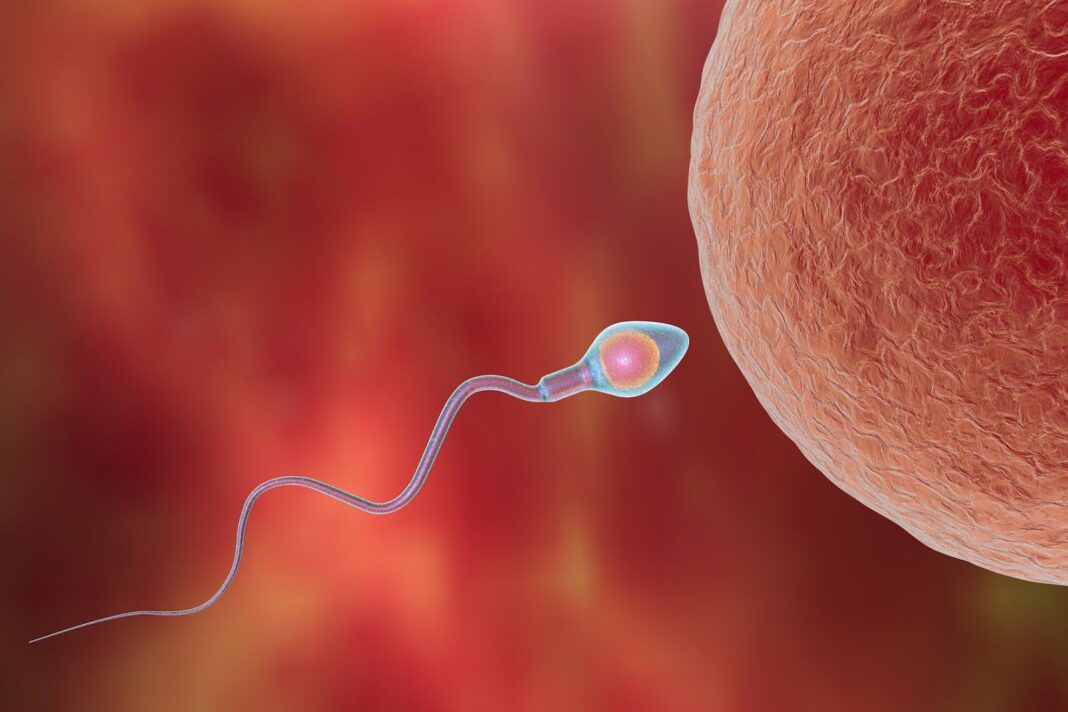When it comes to fertility, conversations often focus on women, but men play an equally important role.
Unfortunately, male fertility is surrounded by myths that can create confusion and unnecessary stress.
If you’re trying to have a child or simply want to understand your reproductive health, you must separate fact from fiction. Believing in myths about male fertility can lead to wrong assumptions, delays in seeking help, or even feelings of guilt or blame.
The truth is, male fertility is complex and influenced by many factors, but science has cleared up many misconceptions.
Myth 1: Male fertility doesn’t decline with age
Many people think that only women face fertility issues as they age, but men aren’t immune to the effects of time. While men can produce sperm throughout their lives, sperm quality often decreases with age. Older men may experience lower sperm counts, reduced motility (movement), and higher chances of genetic abnormalities in sperm. Starting a family earlier is not always an option, but knowing this can help you plan and get medical advice when necessary.
Myth 2: Fertility issues are rare in men
Another widespread belief is that men rarely experience fertility issues. In reality, male infertility contributes to about half of all fertility problems in couples. Common causes include low sperm count, poor sperm quality, hormonal imbalances, and physical blockages. Both partners need to be evaluated when facing difficulties conceiving, as fertility challenges are rarely one-sided.
Myth 3: A healthy lifestyle guarantees fertility
Living a healthy lifestyle is essential for overall well-being, but it doesn’t guarantee fertility. While avoiding smoking, drinking, and maintaining a balanced diet can improve sperm health, it’s not a foolproof solution. Factors like genetics, medical conditions, and exposure to toxins can also impact male fertility. Even men who exercise regularly and eat healthily may face challenges, so consulting a doctor is key.
Myth 4: Wearing tight underwear causes infertility
The idea that tight underwear leads to infertility has been around for years, but studies have found little evidence to support it. While tight underwear can slightly increase scrotal temperature, it’s unlikely to cause significant fertility issues. If you’re concerned, switching to looser clothing can’t hurt, but it’s not a guaranteed solution to improving fertility.
Myth 5: Men don’t need to worry about fertility until they want kids
Many men assume they don’t need to think about fertility until they’re ready to have children. However, fertility is affected by long-term habits and health conditions. Regular health check-ups, avoiding harmful substances, and seeking early advice can help men protect their reproductive health for the future.
Fertility is a sensitive and personal topic, but clearing up myths can make a big difference in how men approach their health.
ALSO READ: Men are infertile because of these 4 popular activities


